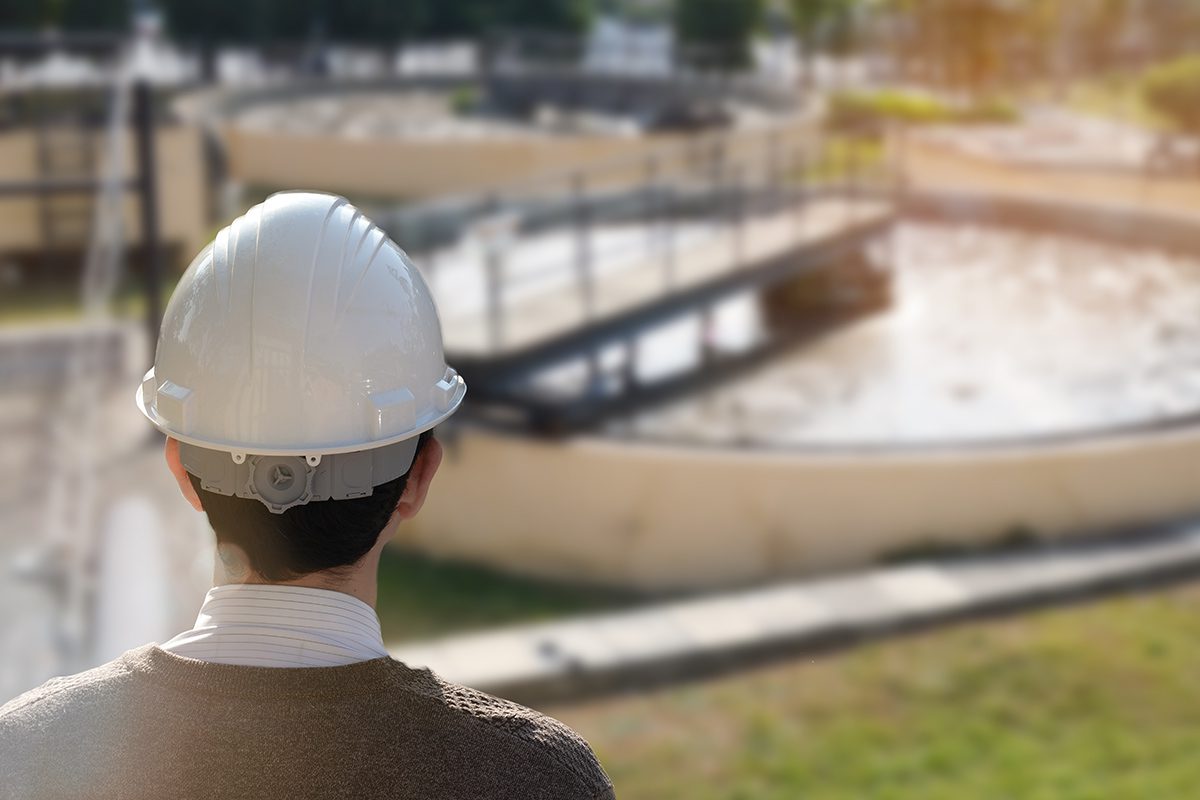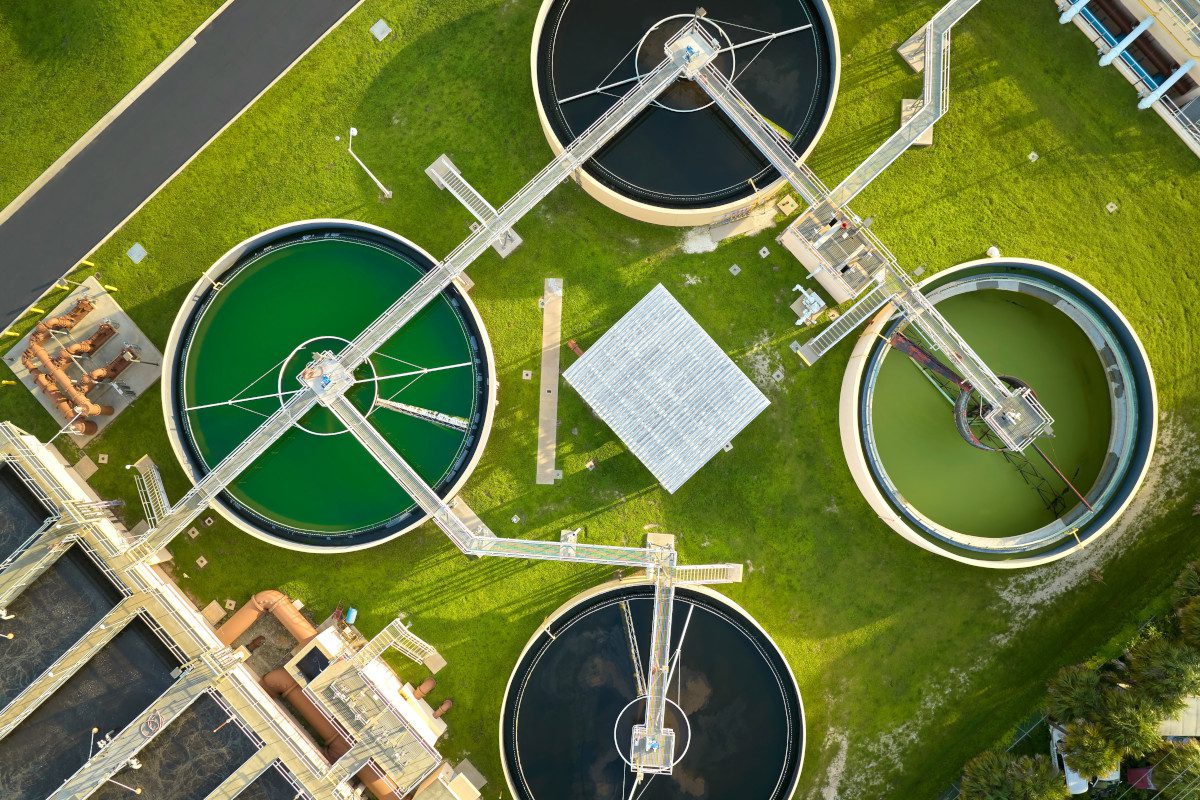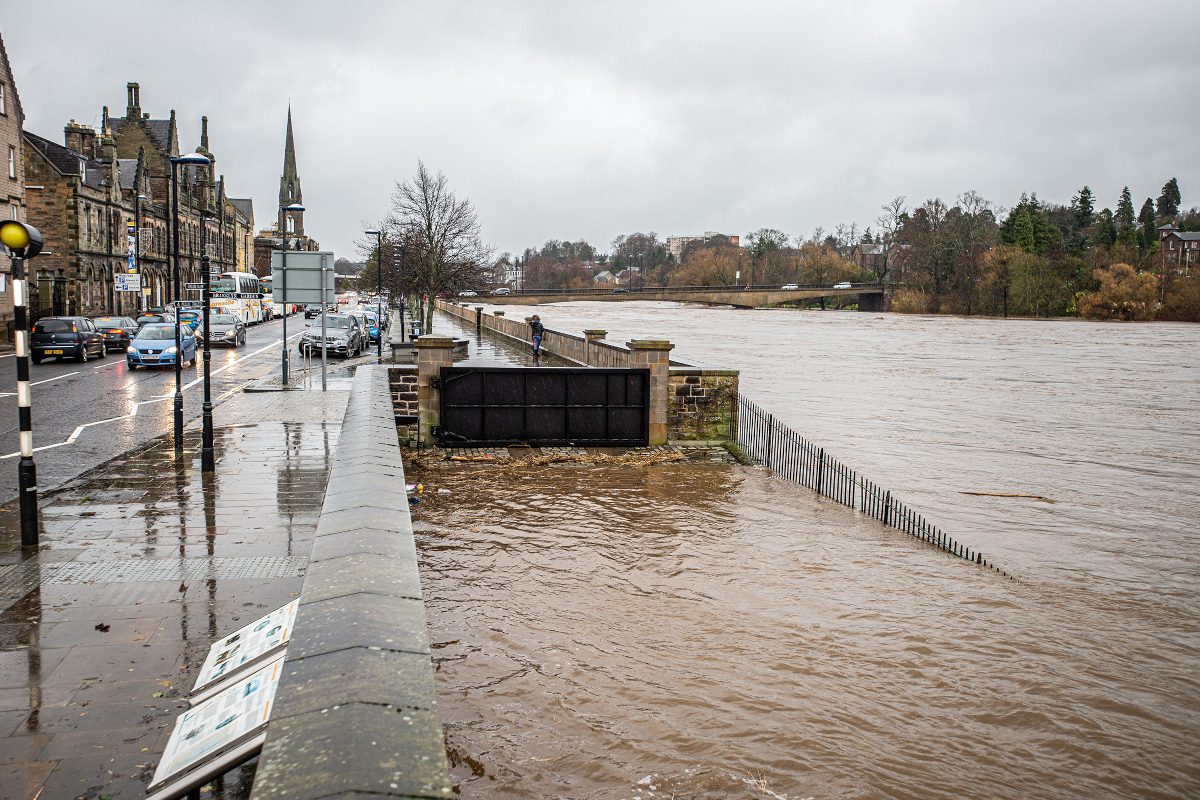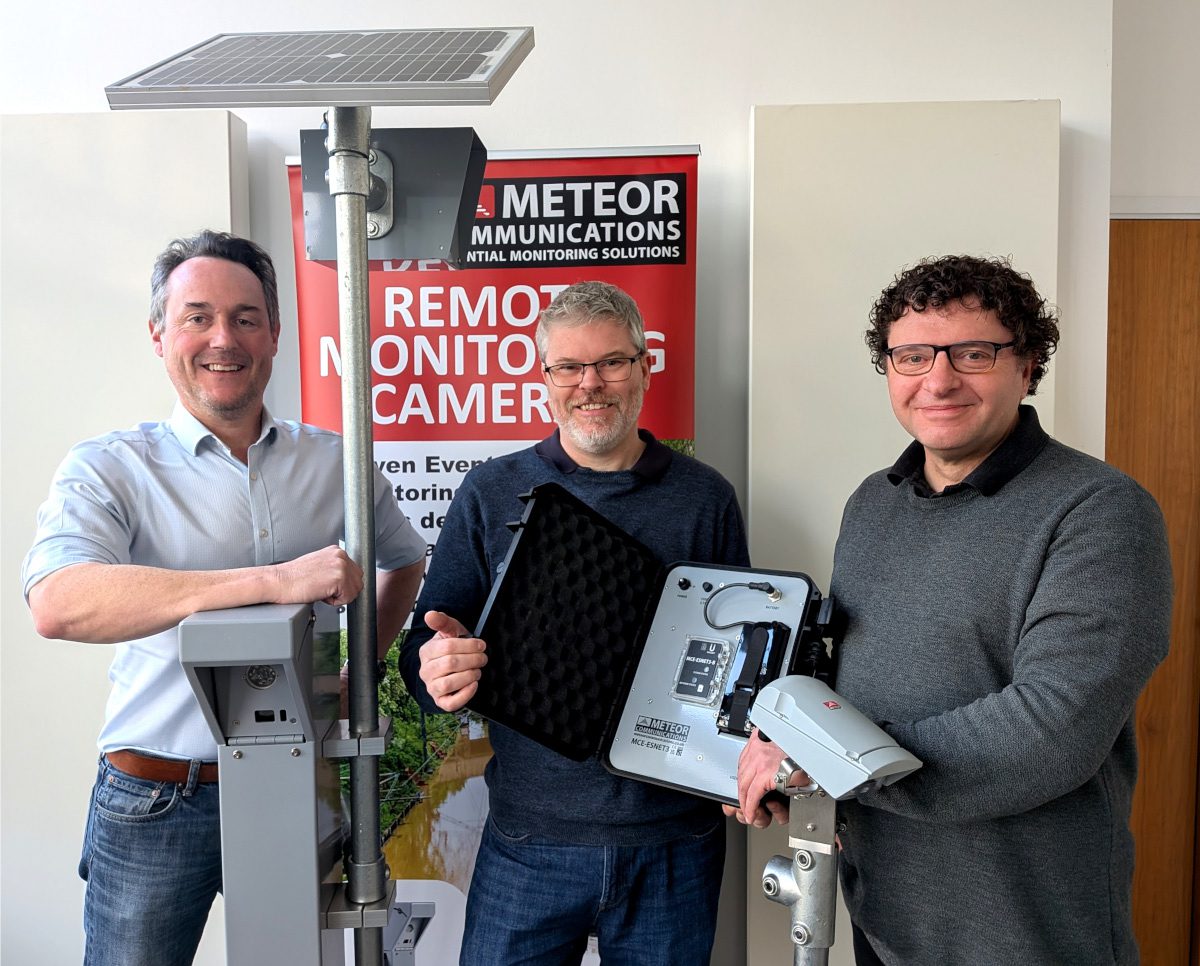Sewage pollution in surface waters in the UK and Ireland is one of the most high-profile environmental issues in the country. Water industry research organisation UKWIR is leading a raft of innovative sewerage projects designed to transform the way water companies manage this issue in the coming five-year Asset Management Plan period for England and Wales – AMP8, which starts on 1 April 2025.
“UKWIR’s research programme aims to create a future where sewerage management is not just an essential service, but a key contributor towards a sustainable and healthy environment,” said Jenni Hughes, UKWIR strategic programme manager.
“Previously, UKWIR research has focused on getting a deeper understanding of the networks, because we need to understand what’s happening in the existing network before we can make meaningful, long-term improvements.
“Now our focus shifts to the future, with societal needs, environmental protection and resilient infrastructure at the centre. The latest wave of research offers water companies the tools and knowledge they need to navigate the ongoing challenges of sewage management into the next asset management period and beyond.”
Protecting rivers and seas
The impact of sewage and stormwater discharge, agricultural runoff, and urban pollution on river ecosystems in the UK and Ireland is a key area of research for UKWIR.
Dr Nick Mills is UKWIR’s programme lead on the organisation’s Big Question 6: How do we achieve sustainable and resilient sewerage and drainage by 2050? He is also director of environment & innovation at Southern Water.
Mills says, “To optimise the benefits for both people and nature, we need a data-driven river strategy that comprehensively analyses threats to river health. This approach should hold all sectors accountable, while simultaneously empowering them to identify solutions for building and maintaining healthy rivers.
“There is a lot of focus on storm overflows in the media and from the general public. They are a legacy asset that the sector is attempting to phase out through a combination of nature-based and sustainable drainage systems, and data-driven engineering approaches.
“More widely, reducing storm overflows requires urgent, collaborative action from water companies, councils, property owners and the public,” added Mills.
Beating blockages
Sewer blockages are a major concern in the UK, with an estimated 200,000 occurring annually, and FOG – fats, oils and grease – cited as the cause in around 75% of cases. A build-up of FOG hinders the smooth operation of sewer systems and wastewater treatment works (WwTWs), shortens the lifespan of critical assets and increases maintenance costs.
This burden ultimately falls on water companies, which may be forced to raise prices for customers. Additionally, FOG blockages can cause sewer overflows, creating a public health hazard and impacting the environment.
UKWIR projects aiming to tackle this include:
Nature as a stakeholder
Protecting and enhancing waters, and the wildlife and communities they support requires a combination of grey and green solutions. For water companies looking to create greater social value, nature-based solutions (NbS) such as sustainable drainage systems (SuDS) can offer a powerful and cost-effective approach.
However, there is currently limited sector-wide data on the benefits, reliability and cost-effectiveness, compared to traditional engineered and technological alternatives.To address this issue, UKWIR currently has a research project aimed at improving the understanding of the whole-life cost, carbon footprint and delivery of retrofit SuDS.
Data and insights
Water companies in the UK are being urged to be more transparent with the public about sewage spill data by the information commissioner.
The use of data-driven methods, including artificial intelligence and predictive analytics, is a promising approach to proactively identify and address blockages in sewer systems, ultimately improving environmental protection, public health and compliance with regulations.
Recent UKWIR projects include:
· Modelling sewer inlet capacity restrictions
· Quantifying, managing and communicating the differences in storm overflow spill data between event duration modelling (EDM) outputs and hydraulic model prediction
Working with customers
Customer behaviour can also play a significant role in reducing the amount of sewage entering watercourses in the UK.
Customer-caused blockages in sewers are a major issue in the UK. Every year in England and Wales, water companies spend millions of pounds dealing with over 300,000 blockages – thousands of which see people’s homes and belongings ruined by sewer flooding.
A recently published UKWIR project – Learning and recommendations from customer behaviour campaigns on blockage reduction – highlights the need for effective customer campaigns to reduce blockages, and emphasises the importance of tailored campaigns, a unified national approach, and collaboration among water companies via a proposed national working group focused on changing customer behaviour regarding blockages.
UKWIR has announced the direction of travel for research projects from now to 2050. The refreshed strategy aims to bring together global trends in water management with impactful research to address UK-specific industry challenges identified through the UKWIR Big Questions and extensive stakeholder engagement.
For more information, visit: ukwir.org/ukwir-announce-new-research-strategy

















